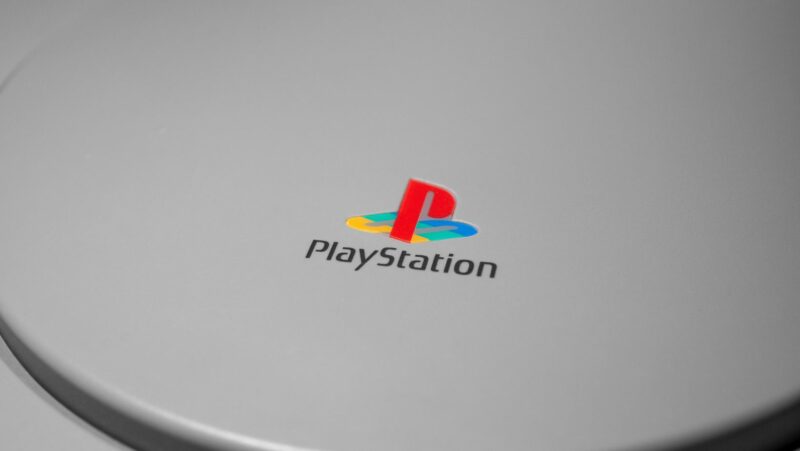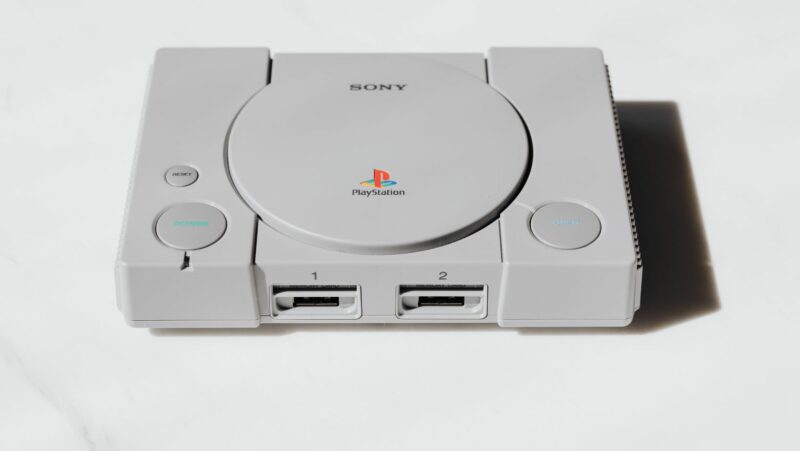In the ever-evolving world of gaming, PlayStation has remained a beacon for innovation, entertainment, and community. From its humble beginnings to becoming a household name, the journey of PlayStation is filled with groundbreaking achievements and a library of games that have captivated millions. As gamers eagerly anticipate what’s next, a recap of PlayStation’s milestones offers a fascinating glimpse into how it became the titan of the gaming industry.
Playstation Recap
The Birth of a Gaming Revolution: PlayStation 1
 Sony’s PlayStation 1 launched a gaming revolution when it hit the market in December 1994. It wasn’t just a new console; it was the birth of a new era in the gaming industry. The PlayStation 1 boasted superior 3D graphics and a CD-ROM format, setting it apart from its competitors. Games like “Final Fantasy VII” and “Tekken” became instant classics, expanding the gaming audience beyond the young demographic and into a wider range of age groups. This console marked PlayStation’s initial step towards becoming a dominant force in the gaming world.
Sony’s PlayStation 1 launched a gaming revolution when it hit the market in December 1994. It wasn’t just a new console; it was the birth of a new era in the gaming industry. The PlayStation 1 boasted superior 3D graphics and a CD-ROM format, setting it apart from its competitors. Games like “Final Fantasy VII” and “Tekken” became instant classics, expanding the gaming audience beyond the young demographic and into a wider range of age groups. This console marked PlayStation’s initial step towards becoming a dominant force in the gaming world.
The Rise of the Digital Age: PlayStation 2
PlayStation continued its upward trajectory with the introduction of the PlayStation 2 in March 2000. The PlayStation 2 set new records as the best-selling console of its time, thanks to its advanced graphics, vast game library, and DVD playback functionality. It served as a central entertainment hub, bridging the gap between gaming and multimedia entertainment. Iconic titles such as “Grand Theft Auto: San Andreas” and “Shadow of the Colossus” showcased the console’s capabilities, further cementing PlayStation’s status in the gaming industry.
High-Definition Gaming: PlayStation 3
With the launch of the PlayStation 3 in November 2006, Sony embraced the digital age with full-force. This console introduced gamers to high-definition graphics, a built-in Blu-ray player, and the introduction of the PlayStation Network for online gaming. The PlayStation 3 was a powerful machine, equipped with a cell processor that enabled stunning visuals and complex game mechanics. It supported blockbuster titles like “Uncharted 2: Among Thieves” and “The Last of Us”, pushing the boundaries of storytelling and graphics in video games.
The Modern Era: PlayStation 4
The PlayStation 4, released in November 2013, marked the beginning of the modern era of gaming. It focused heavily on social interaction through gaming, integrating features that allowed players to share gameplay videos and stream live. The console also brought a significant improvement in hardware, making games look better than ever before. Games such as “God of War” and “Horizon Zero Dawn” benefited from these advancements, offering immersive experiences and compelling narratives. The PlayStation 4 solidified Sony’s position in the gaming industry, ensuring its relevance in an ever-evolving digital landscape.
Iconic PlayStation Games Through the Years
 The journey through PlayStation’s evolution is marked by transformative games that have become landmarks in the gaming industry. From the unforgettable adventures in the first “Final Fantasy VII” on PlayStation 1, defining the RPG genre, to the groundbreaking open-world gameplay of “Grand Theft Auto: San Andreas” on PlayStation 2, these titles have been pivotal. The PlayStation 3 era elevated storytelling and graphics, with masterpieces like “The Last of Us,” while the PlayStation 4 introduced players to the rich, Norse mythology-inspired world of “God of War.” Each game not only defined its generation but also showcased the technological leaps made by the PlayStation consoles over the years, contributing significantly to the rich tapestry of the PlayStation recap.
The journey through PlayStation’s evolution is marked by transformative games that have become landmarks in the gaming industry. From the unforgettable adventures in the first “Final Fantasy VII” on PlayStation 1, defining the RPG genre, to the groundbreaking open-world gameplay of “Grand Theft Auto: San Andreas” on PlayStation 2, these titles have been pivotal. The PlayStation 3 era elevated storytelling and graphics, with masterpieces like “The Last of Us,” while the PlayStation 4 introduced players to the rich, Norse mythology-inspired world of “God of War.” Each game not only defined its generation but also showcased the technological leaps made by the PlayStation consoles over the years, contributing significantly to the rich tapestry of the PlayStation recap.
PlayStation Services and Online Ecosystem
Transitioning from the hardware and iconic titles that shaped each console’s legacy, the PlayStation ecosystem has evolved into a robust online platform. The PlayStation Network (PSN), introduced with the PlayStation 3, serves as the backbone for a variety of digital services. These services include PlayStation Plus, offering free games and online multiplayer access, and PlayStation Now, a subscription service providing access to a vast library of games from PS2, PS3, and PS4 eras.
PlayStation’s Impact on Gaming Culture
Following the overview of PlayStation’s evolutionary journey, it’s evident that its impact on gaming culture is monumental. PlayStation redefined interactive entertainment, making video games a mainstream hobby. Iconic titles like “Grand Theft Auto: San Andreas” and “God of War” transcended mere gaming, influencing pop culture and media beyond the console realm. The introduction of PlayStation Network (PSN) marked a pivotal shift, fostering a connected gaming community that thrives on multiplayer experiences and digital content access.

